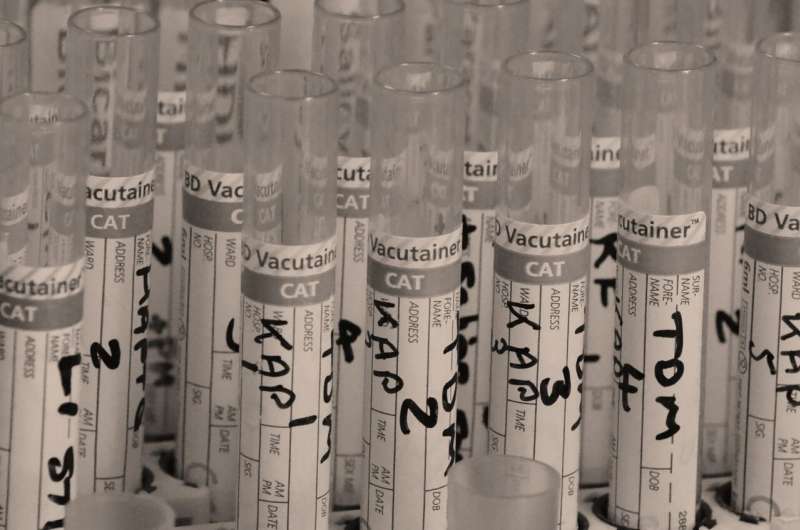
Clinical Cancer Research published an article today outlining steps clinical trial sponsors can take to improve diversity in clinical trials, thereby improving access to innovative cancer therapies for all patients.
To ensure the safety and efficacy of new treatments for everyone who may use them once approved, it is crucial that participants in clinical trials reflect the diversity of the affected patient population. Unfortunately, racial and ethnic minorities remain substantially underrepresented in clinical trials. This underrepresentation can lead to a lack of information about whether a given therapy is safe and effective in some patients. It is also indicative of disparities in accessing experimental, cutting-edge cancer care.
The article builds upon a series of roundtable meetings convened by AACR last year, during which representatives from the pharmaceutical industry and the U.S. Food & Drug Administration (FDA) Oncology Center of Excellence (OCE) discussed current practices, key challenges, and potential solutions to improve diversity in clinical trials. This topic is particularly timely following the signing of the 2023 Consolidated Appropriations Act late last year, which will require clinical trial sponsors to submit Diversity Action Plans to the FDA as part of their study protocols.
In the article, the authors—including experts from OCE, the Janssen Pharmaceutical Companies of Johnson & Johnson, Genentech/Roche, AstraZeneca, Moderna, Bayer, and AACR—explore a number of areas that must be considered by trial sponsors in order to ensure diversity, equity, and inclusion (DEI) in cancer drug development.
These areas include dedicating funding and staff across the company to support DEI; embedding DEI strategy as a routine part of clinical development with the same importance as other critical aspects, like understanding how a drug works; setting and tracking progress towards DEI goals for each trial; engaging and establishing partnerships with community and patient organizations; and supporting access to clinical trials in health clinics that have not traditionally conducted research.
“As we move towards prospectively embedding diversity during clinical development, it is important to engage sponsors to understand what their current practices are and to identify opportunities for ongoing collaboration to operationalize diversity in clinical trials,” said Richard Pazdur, MD, director of the FDA Oncology Center of Excellence.
In addition to this article and the roundtable discussions that preceded it, AACR has worked to address disparities in clinical trials and cancer research in various ways. AACR hosts an annual conference on the science of cancer health disparities; publishes the AACR Cancer Disparities Progress Report biannually; and in 2023 held a series of sessions at the AACR Annual Meeting to further explore these issues, as covered in the AACR’s blog.
“We are very proud that AACR’s partnership on this initiative with the FDA Oncology Center of Excellence and industry has the potential to achieve greater diversity in clinical trials and will help facilitate the development of better treatments for all patients with cancer,” said Margaret Foti, Ph.D., MD (hc), chief executive officer of the AACR. “This issue is a priority for AACR and is one that aligns with President Biden’s Cancer Moonshot goal of eliminating inequities in cancer care.”
More information:
Lola A. Fashoyin-Aje et al, Driving Diversity and Inclusion in Cancer Drug Development—Industry and Regulatory Perspectives, Current Practices, Opportunities, and Challenges, Clinical Cancer Research (2023). DOI: 10.1158/1078-0432.CCR-23-1391
Journal information:
Clinical Cancer Research
Source: Read Full Article
